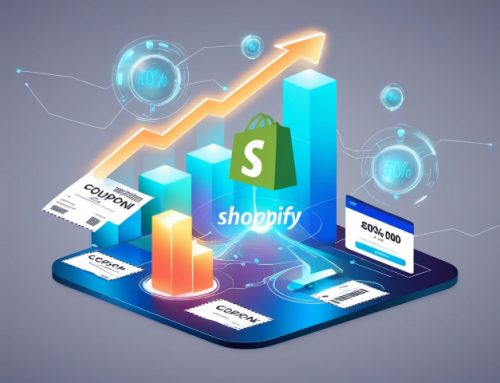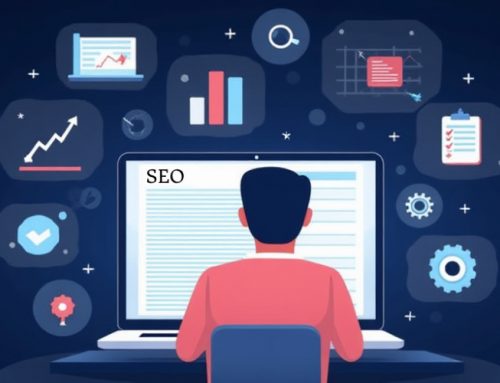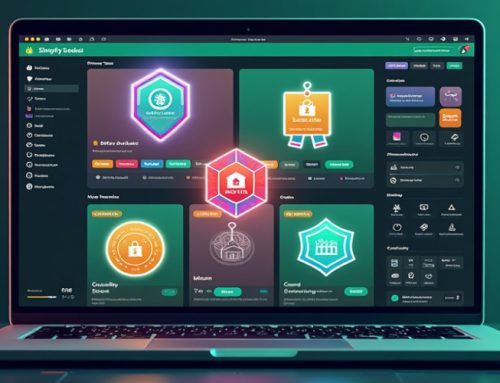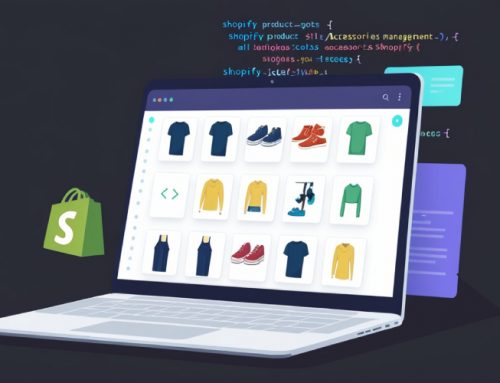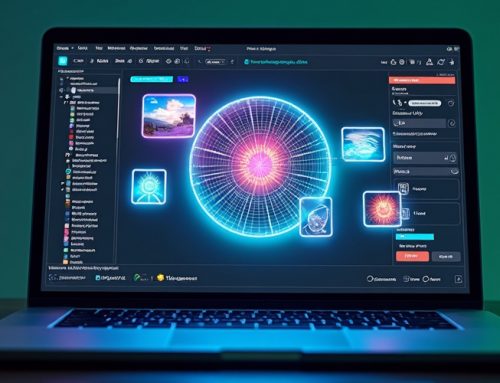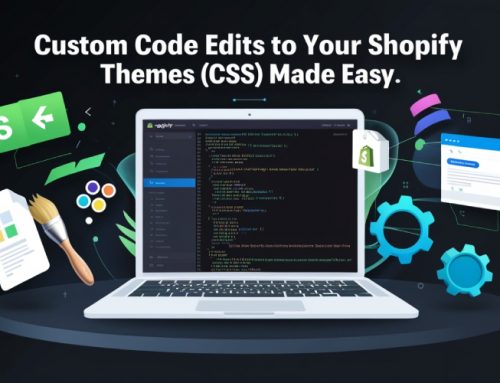Parameters and Pointers to be Considered for Improving LCP
The following are some key parameters and pointers for Improving LCP Speed:
- Html size
- Css size
- Properly image sizes
- Render-blocking resources
- Reduce unused js
- Largest Contentful Paint Element
- Avoid enormous network payloads (total size was 3,849 kib)
- High TBT due to JS
- Use of css vs js for page layout
Improving LCP the Largest Contentful Paint is essential for optimizing your Shopify store’s loading speed and user experience. This guide will explain some parameters and pointers to consider.
HTML Size
The HTML size of your Shopify store refers to the size of the HTML code delivered to the user’s browser when they access your website. Here are some parameters to consider when optimizing the HTML size:
- Minimize whitespace and comments
- Compress HTML
- Use Efficient HTML structure
- Remove unused or redundant code
Css Size
CSS size is important in Largest Contentful Paint (LCP) performance.
- Minimize CSS code
- Eliminate Unused CSS
- Inline Critical CSS
- Remove Duplicate CSS
- Optimize Third-Party CSS
Properly Image Sizes
Properly sizing and optimizing images in your Shopify store is crucial for improving performance and providing a better user experience.
To optimize image sizes to improve LCP, which is an important metric for measuring perceived page load speed, you must make sure that they are properly sized.
To properly handle image sizes in Shopify, follow these pointers –
- Resize image
- Compress Images
- Choose the Right File Format
- Use Responsive Images
Read this Blog and Find:- Proper Image Sizes
Render-Blocking Resources
According to the GSI tools report, the opportunities section lists all URLs blocking your site’s rendering and impacting your FCP and LCP.
The following actions are taken to achieve this goal:
- By inlining critical resources
- Deferring non-critical resources
- Load JavaScript Asynchronously
- Prioritize Above-the-Fold Content
- Removing anything unused
Read this Blog and Find:- Eliminate Render-Blocking Resources
Reduce Unused JS
Reducing unused JavaScript (JS) in your Shopify store can help improve page loading speed and overall performance. Here are some steps to reduce unused JS in your store:
- Remove all Shopify apps which you are no longer using
- Defer or Asynchronously Load Non-Critical JS
- Load JS Files at the Bottom of the Page
- Optimize Third-Party Scripts
Largest Contentful Paint Element
When a page loads, the largest Contentful Paint (LCP) element appears within the viewport.
When loading the LCP image (do not put it in lazy loading and recommend doing a preload)
The following are some examples of LCP elements in a Shopify store:
- Product Images
- Hero Images
- Featured collection
- Blog post
Read this Blog and Find:- Optimize the Largest Contentful Paint Element
Avoid Enormous Network Payloads (Total Size was 3,849 KiB)
Optimizing your shopify store’s performance requires avoiding enormous network payloads. Large network payloads can result in slow page load times, increased bandwidth usage, and poor user experiences.
- Compress HTML, CSS, and Javascript files.
- Minify CSS and javascript
- Optimize Image Sizes
- Use image formats wisely
- Reduce the number of external resources (such as third-party scripts, fonts, or tracking pixels)
High TBT due to JS
If you are experiencing high Total Bocking Time (TBT) due to javascript(JS) on your shopify website and want to improve the largest contentful paint(LCP).
- Minimize and optimize javascript
- Defer non-critical javascript
- Optimize third-party scripts
Use of CSS instead of JS for Page Layout
In some cases, Javascript is used instead of CSS for design implementation when CSS could provide the same result. In order to reduce blocking time (TBT) in design and implementation, we will always look at CSS as an alternative to Javascript for certain design elements.
Read this Blog and Find:- Use CSS Instead of JS to Improve Website Performance
By considering these parameters and pointers, you can make targeted optimizations to improve LCP in your Shopify store, resulting in faster loading times and an enhanced user experience.

